How sincere Madame Chancellor was at that moment is a moot point, but the idea itself was expressed, as we see, at the highest level and did not scandalize anyone.
The idea of a “greater Europe” has been expressed many times. The benefits of partnership lie on the surface. Russia is a huge pantry of natural resources. In addition, it retained somewhere, and somewhere acquired a lot of competencies that could be useful to Europe: from the space industry to nuclear projects. For its part, Europe has had and still has gigantic industrial capacities, and is able to produce very complex products, including those necessary for Russia to develop its own subsoil.
However, for various, but primarily political, reasons, these projects were more or less buried during the 2000s and then the 10s. But only now, when there was a real break, it became clear how much Europe and Russia really need each other.
In the modern world, where Europe, as such, is no longer a completely independent center of power, and the key global rivalry is the race between the USA and China, the buried integration project of Russia and Europe can be safely called a great missed chance. And he was let go for the most ridiculous and mediocre of possible reasons – because of the “Ukrainian heritage”. Indeed, descendants have the right to consider us all as characters in a black comedy. A chance for civilization is being lost before our very eyes because of Zhmerinka and Zaporozhye.
Nevertheless, history has an obvious property that is a cause for great horror and unbridled optimism: it never ends. The guns in Ukraine will be silenced, and we will have to discuss again how Russia should interact with Europe.

This thesis, by the way, does not contradict any specific special path of Russia. The “special path” should not be understood as a voluntary departure from the global context, but each country does indeed live its own unique experience. Yes, Russia has always been a slightly marginal state for Europe. But what really, the marginal of Europe can be called Iceland (adjusted for the scale, of course), and in our time – and Britain. Hundreds of years of history is not something that can be erased from reality at once.
Now Europe is building an iron curtain, although it hangs precariously, and there are gaping gaps in it. Great is the temptation to hang your own, just for the sake of showing the muzzle.
But this temptation should not be given in. Economic and scientific cooperation provide huge advantages, and cultural ties are always a plus for both sides of the contact. We often regret that we are presented rather crazy abroad (this is true), but we ourselves often imagine our Western neighbors in a very simplified way, not to say caricature, and the real objects of their worries and aspirations, frankly, do not revolve around issues about same-sex sex, for example, and the attitude towards Russia is more complicated and non-linear than what one can imagine from our remote places. In a word, we need a broader view of the world than the one that the Eastern European elites fixated on their unfinished war with us are now showing, or the one that the Western European elites, bound by the conjuncture, can demonstrate.
There is a time to scatter stones.
There will be time to collect.
How sincere Madame Chancellor was at that moment is a moot point, but the idea itself was expressed, as we see, at the highest level and did not scandalize anyone.
The idea of a “greater Europe” has been expressed many times. The benefits of partnership lie on the surface. Russia is a huge pantry of natural resources. In addition, it retained somewhere, and somewhere acquired a lot of competencies that could be useful to Europe: from the space industry to nuclear projects. For its part, Europe has had and still has gigantic industrial capacities, and is able to produce very complex products, including those necessary for Russia to develop its own subsoil.
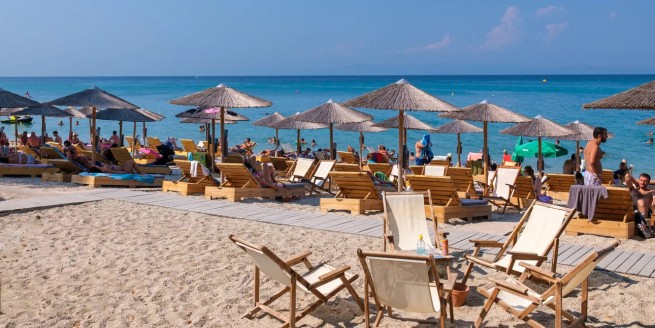
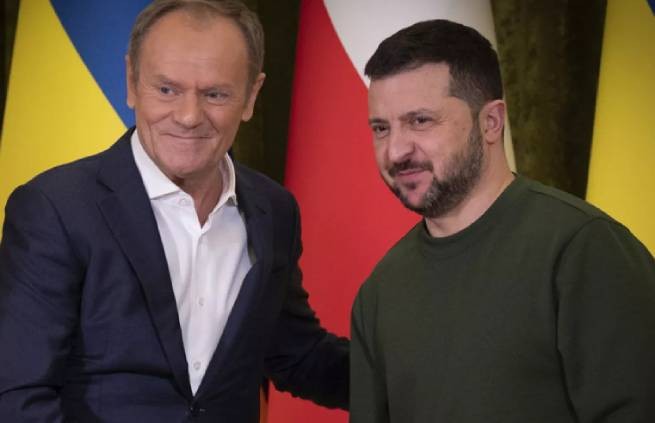
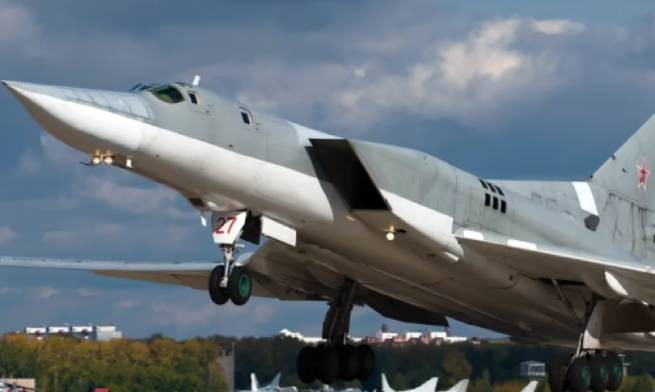
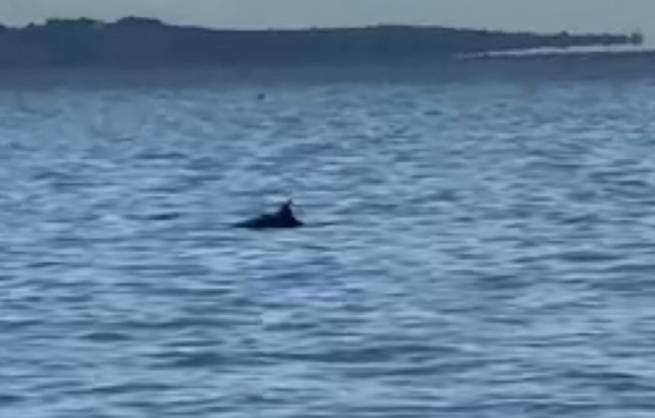
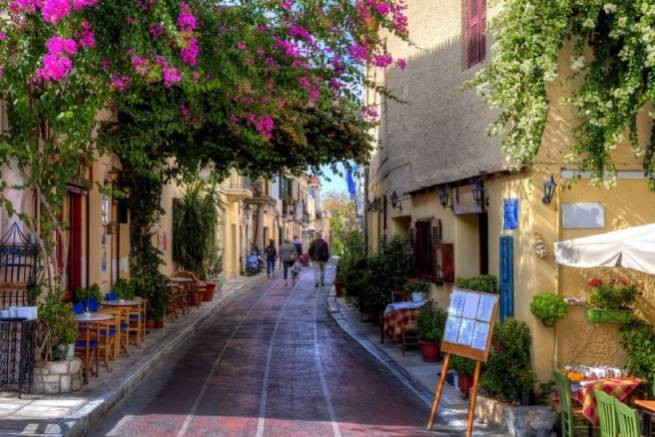


More Stories
4 scenarios for the development of the war in Ukraine
There was a scandal in Cyprus over the Prime Minister's plane, donated by K. Mitsotakis
Nuclear wrestling between the USA and Russia: are we heading towards the use of strategic weapons?